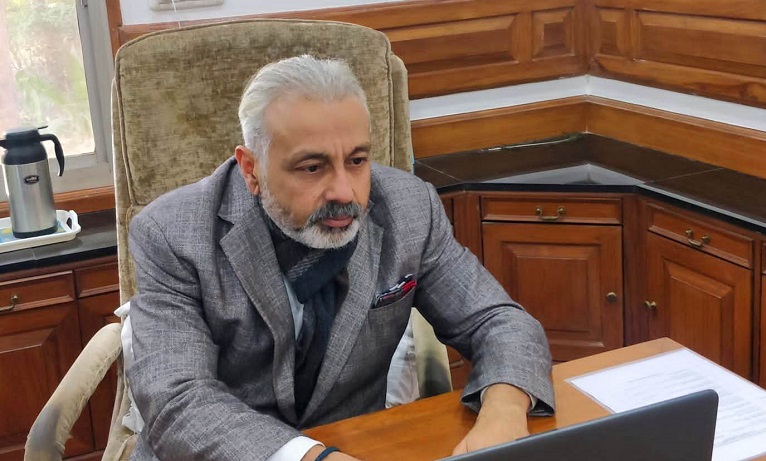Quality Education should be a Right for All
Education is a public good, it should be a right, not a privilege. Despite this, 61 million children, the majority of whom are girls, are not enrolled in school. Educating children, no matter where they live, is one of the most important steps we can take to end extreme poverty.
“We will not have an equal society until we achieve equality in education. More educated people are needed in today’s society to help bring peace and prosperity to the world. It is critical not only for economic reasons but also because we owe it to children to fulfill their right to an education. This means we must find ways to include the children who are currently absent from school. This means that we need more teachers, more classrooms, ongoing teacher training, a variety of educational materials, and an effective curriculum to ensure that children can read and write when they leave school and that they have the basic skills they need to participate effectively in their communities,” says Anoop Singh Bishnoi, Chairman of The Doon School, Dehradun.
We cannot entrust the fulfilment of children’s right to education to the state. The most viable and long-term solution to ensuring that our children receive a high-quality education will necessitate large-scale collaboration – initiatives at the level of private sector players as well as a positive action that individuals can take. Everyone can make a difference in education, including students, parents, teachers, journalists, policymakers, lawyers, and others, by changing mindsets, sharing powerful messages, influencing decision-making, supporting peers, and advocating for others’ rights.
Without a strong and united front for change, a collective and articulated vision, significant financial commitments, and a sense of urgency to prioritize education, generations of children and youth will continue to miss out on an education that they desperately need. Governments should collaborate with the private sector, civil society organizations, and parent and teacher associations to find the best, most constructive, and innovative ways to improve education quality around the world. Joint efforts are required to implement policies and laws that maximize the positive effects of education on sustainable development and peace, as well as to develop strategies to mobilize political support for increased education funding.
“Getting an education is about more than just books and grades; with education one also learns how to fully participate in the life of this country. Education is not only a fundamental human right, but it is also a requirement for everyone to realize human rights for themselves, individually and personally, as well as in the community and society to which they belong. Simultaneously, education is the foundation for realizing a global society of all people,” adds Anoop.
Simple daily actions can have a significant impact. Let us begin to speak up for those who are not seen by using our platforms, no matter how small, to bring those who require a platform up with us. Let us make room for them to speak up and assist them in being heard.




Comments
Post a Comment